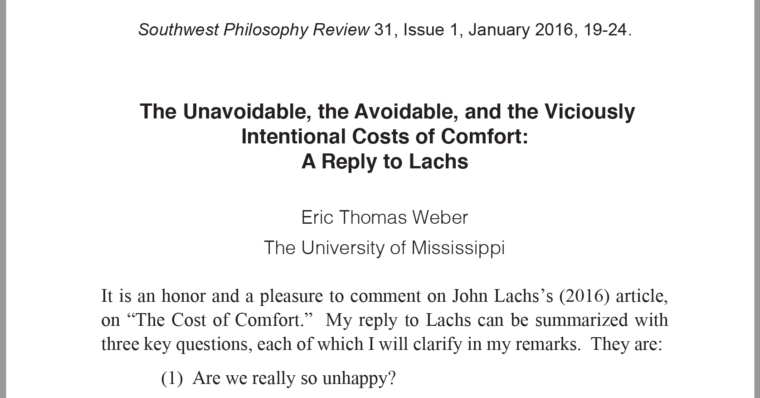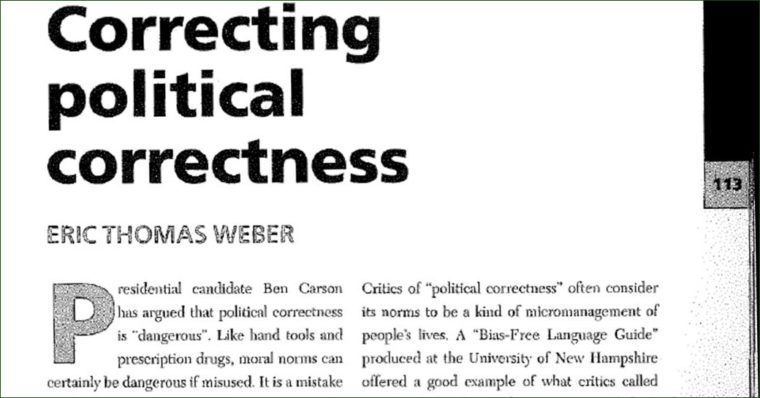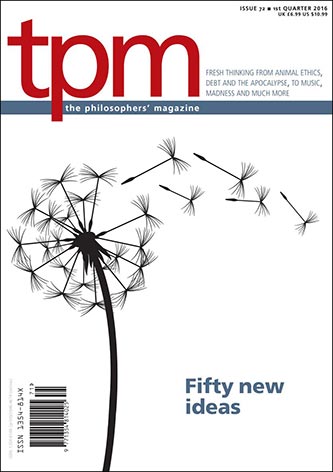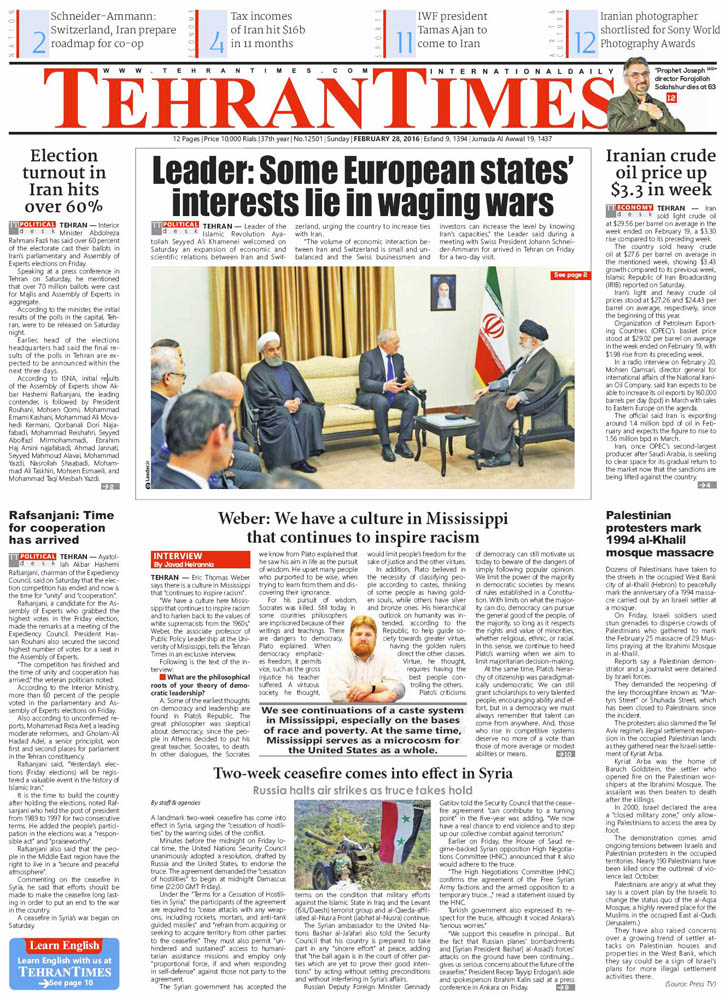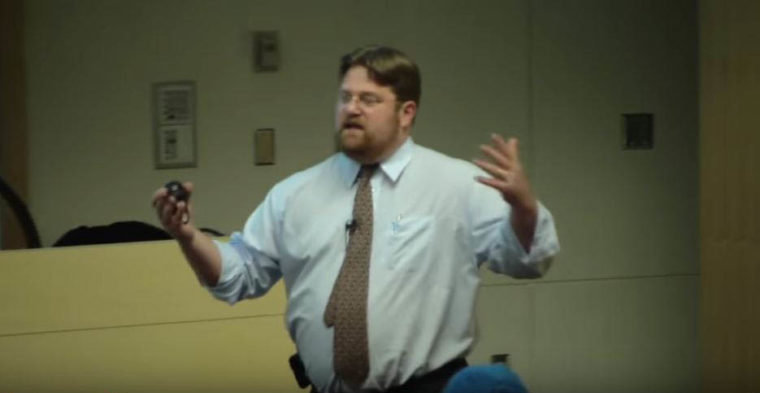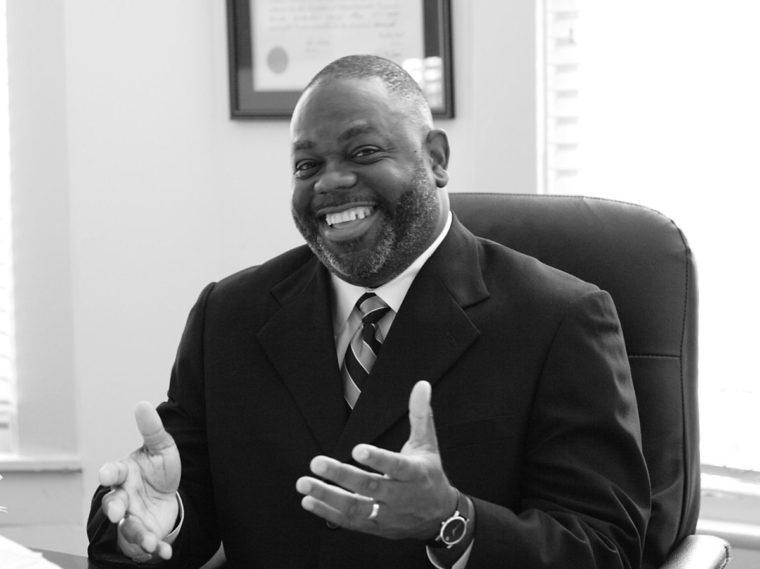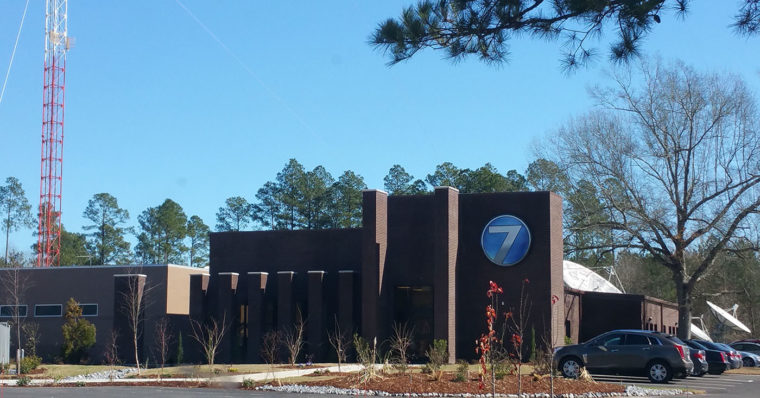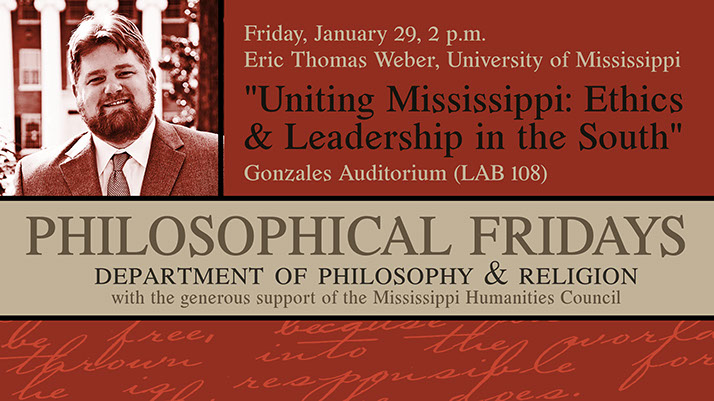I am a professional philosopher. That doesn’t just mean I do it for a living. Though I’m glad to be paid for my work, getting paid to do a thing does not make you a professional. Being a professional means that philosophy is my vocation and is closely tied to my self-identity. The norms of my profession have become personal norms; when my profession suffers a crisis, I feel it personally. Even if I lost my job I’d think of myself as a philosopher!
Yet most police officers are not professionals in this sense. Consider the collective horror, shame, and disgust we philosophers have at the abusive behavior of our fellow philosophers: think of what it means to be compared to Colin McGinn or Thomas Pogge. Why isn’t there that kind of horror, shame, and disgust among police officers at the drumbeat of police shootings?
Some police departments do have professional police departments. I’ve written before (for instance here and here) about my work doing civilian oversight of the NYPD, where–for the most part–I observed professionals at work. Yet even there the culture tends to be defensive rather than proactive. They saw civilian investigators as a no-longer-necessary evil, based on long-past departmental misdeeds. Yet we did that work precisely because the department had failed to engage in its own oversight. And corruption and abuse kept appearing, like whack-a-mole, whenever a part of the department found itself unsupervised.
Still, the culture at the NYPD seemed to be slowly changing, and I met many young officers who took their work seriously and evinced a desire for more than an exoneration; they aimed not just to mount a vigorous defense of the legality of their actions, but also to show that they had acted wisely and well, and that failures to do so were blameworthy even if they were not punishable.
I do not see that professionalism in the Baltimore Police Department. It’s quite obvious that the police department in Baton Rouge is not professional in this way. And we now know far too much about the unprofessionalism–indeed the thuggery and extortion–of the Ferguson police department. The list of such unprofessional departments is almost as long as the list of African-Americans killed during routine interactions that would never have led to violence with whites. And that’s just it: the one common feature seems to be that the unprofessional departments are primarily policing African-Americans.
I won’t pretend to give #BlackLivesMatter activists advice; their movement has its own leadership and needs nothing from me. But white citizens are and ought to be outraged by these killings as well, so it’s time for us to think about what kinds of changes to demand. We have a responsibility here and we cannot shirk it merely because we are not citizens of the specific cities or residents of specific neighborhoods that suffer under the boot of unprofessional departments. We must do what we can to professionalize the departments that police our fellow-citizens.
This will be a multi-pronged effort. Some parts will be legal, for instance, adopting a necessity rule:
Even when the police have a reasonable belief that a person is dangerous, the necessity standard does not permit deadly force if non-deadly or less deadly alternatives are available and adequate to meet the threat.
(And yes, the reason many officers are exonerated for their killings is because their states do not require that their use of force be necessary. That’s disgusting.)
We must also change training to emphasize defusing violence before it starts:
The key for the police in such circumstances is to slow things down: to ask questions rather than bark orders, to speak in a normal tone, to summon additional resources if necessary. Pulling out a gun on an anxious person may unintentionally raise his level of stress. In “suicide by cop” confrontations, this can make a bad situation worse.
Finally, we have to change the norms and cultures of law enforcement in the United States, specifically the sense that police departments give their officers that they are besieged by the public and must form a “blue wall of silence.” Law enforcement officers have strong professional norms against whistle-blowing and go further, even covering up each others’ misdeeds. This has become a professional norm of non-judgment of the behavior of officers when they are criticized by outsiders.
This is organized corruption at the national level. The more professional police departments are complicit just because they fail to deplore the activity of their less professional fellow officers. Police departments must respond to criticism by changing their collective attitude to each other and their jobs; they must change their culture. Right now, officers respond to criticism by saying or thinking that “Civilians can’t understand split second decisions.” This is that defensive move. They must become pro-active and use their own professionalism publicly. They must look at videos like the ones that show Alton Sterling being shot, and join in the criticism of those acts. They must say: “Officer, your job is to make split second decisions well and you have failed.”
Remember this article? “I’m a cop. If you don’t want to get hurt, don’t challenge me.”
Don’t argue with me, don’t call me names, don’t tell me that I can’t stop you, don’t say I’m a racist pig, don’t threaten that you’ll sue me and take away my badge. Don’t scream at me that you pay my salary, and don’t even think of aggressively walking towards me.
This is what complicity looks like. Officer Sunil Dutta literally claims that calling him a “racist pig” is an excuse for him to use force; Sunil Dutta isn’t white, and that’s the only reason he will say this publicly. Yet he shares this position with many racist white officers, and thus provides them cover.
Police shootings must become not just a national embarrassment among liberals like me; they must be a professional embarrassment for everyone in law enforcement. Police officers should feel personally responsible to make #notallcops true; they should feel on the hook for proving the claim that “these abuses are outliers.” They must come to think that their honor is at stake, and that each and every shooting causes them dishonor.
So the norms of the law enforcement profession must change, and police themselves are unwilling to change them. Thus it falls to us, as citizens, to demand professionalism on our terms. We do pay their salary, and we are accountable for what our employees have done.
That means treating de-escalation and stricter rules of engagement as professional norms, and refusing to defer to law enforcement’s own norms of professionalism. We must conclude that unprofessional departments require civilian oversight, if even the professional departments need it. We must demand that our police departments begin building these new norms into officer training. We must demand that police departments replace the culture of the blue wall of silence with collective professional honor and shame.
The old saying, “Who watches the watchmen?” has an answer: democratic citizens watch. But we must stop merely watching, and act. We must work together to police the police.
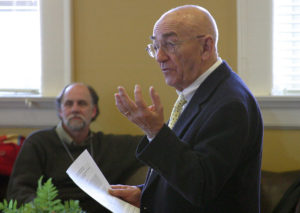 It’s been quite a while since I’ve posted. There’s a reason that they say moving is one of the most stressful times in life. It certainly is. Among the many things I’ve been meaning to post is my latest essay, which is a commentary piece I wrote and originally delivered at the 2015 meeting of the Southwestern Philosophical Society conference. The society met in Nashville, TN, at Vanderbilt University. That doesn’t sound very Southwestern, admittedly, but it’s a great group. The essay was a response to the keynote address by Dr. John Lachs of Vanderbilt. It was an honor to comment on his talk, “The Costs of Comfort.” John has been a mentor of mine for close to 20 years. As you’ll see in my commentary essay, however, that doesn’t mean that I went easy on his argument.
It’s been quite a while since I’ve posted. There’s a reason that they say moving is one of the most stressful times in life. It certainly is. Among the many things I’ve been meaning to post is my latest essay, which is a commentary piece I wrote and originally delivered at the 2015 meeting of the Southwestern Philosophical Society conference. The society met in Nashville, TN, at Vanderbilt University. That doesn’t sound very Southwestern, admittedly, but it’s a great group. The essay was a response to the keynote address by Dr. John Lachs of Vanderbilt. It was an honor to comment on his talk, “The Costs of Comfort.” John has been a mentor of mine for close to 20 years. As you’ll see in my commentary essay, however, that doesn’t mean that I went easy on his argument.
